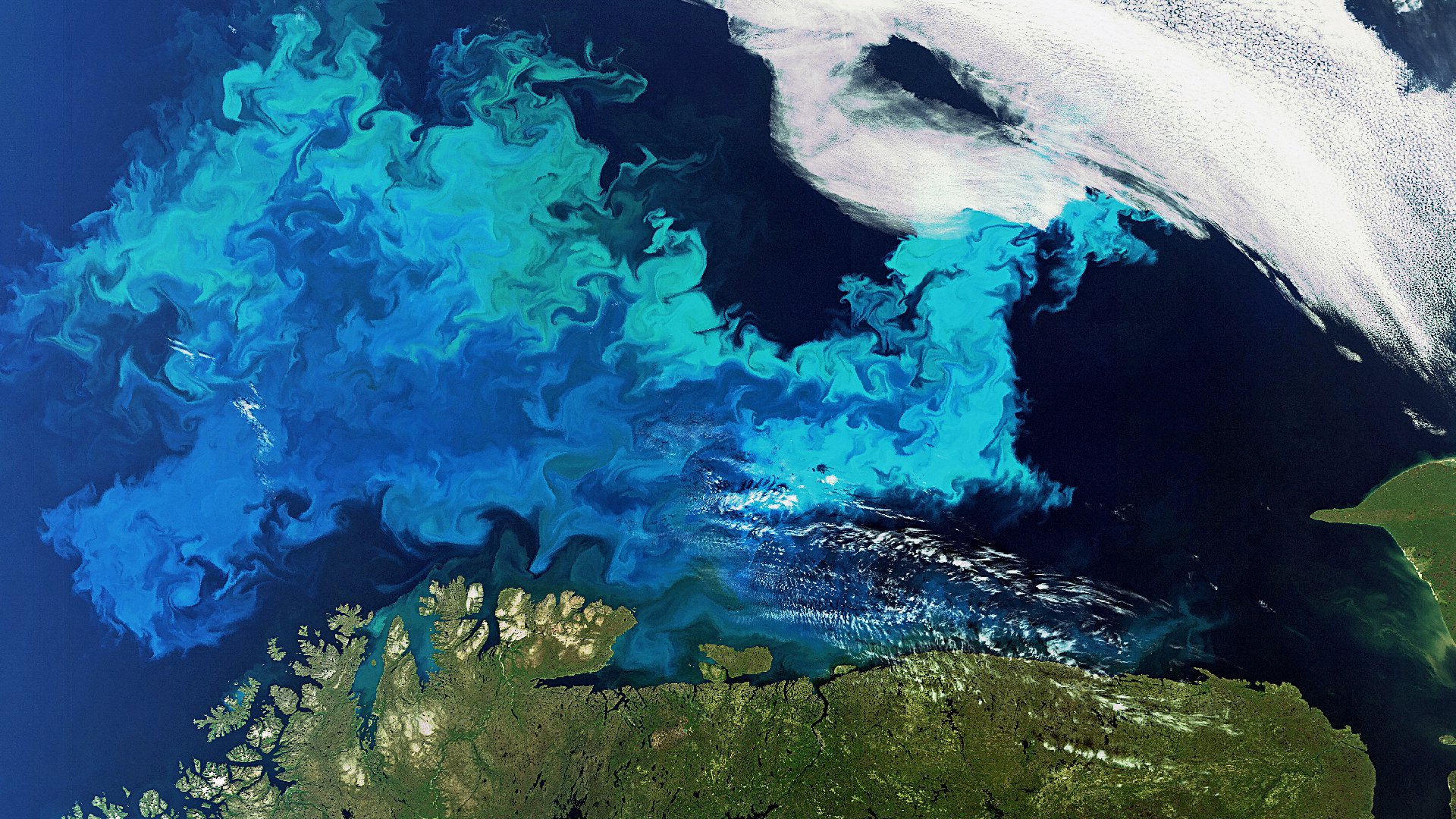One of the biggest changes due to climate change might be the rise in temperature of our oceans. If this continues, they may even start looking a whole lot different. Researchers see plankton, an irreplaceable group of microscopic organisms, migrating due to the increase in temperature.
Ecologically essential
Plankton can be divided into phyto- and zooplankton. Phytoplankton look like microscopically small plants. Just like plants, they produce their own energy by using photosynthesis. During this process a lot of oxygen is released, and a lot of CO2 is captured. In this manner plankton work against climate change, but they also form an important role in the basis of the marine food chain. Phytoplankton is eaten by zooplankton – microscopically small animals – but also many bigger forms of life, such as many types of whales. In this way these microscopic little organisms form an irreplaceable part of the ecology of our planet.
Mass migration
In order to research the effects of climate change on this group of sensitive microbes, a group of researchers made a distribution map using different climate models of over 860 species plankton. They then found that plankton was undergoing a mass migration. Due to the rise in water temperatures, they are migrating from tropical waters towards the poles. And it doesn’t seem like this a recent occurrence, but rather already something that has already been happening for decades, as many types of plankton have already been discovered much farther north than they have ever been found before.
Scewed composition
Not only is the disappearance of plankton species from tropical waters a problem. The change in plankton diversity due to the temperature might also have a detrimental effect. Larger species can’t survive as well in warmer waters and disappear. These are important as they more readily serve as food for different fish, and take up more CO2 when they die and due to this help retain more greenhouse gasses. Smaller species prefer higher temperatures and do well. This causes the balance between different species – with each their own tasks – to shift and to disappear. Unfortunately, the researchers weren’t able to measure the exact impact of this change in plankton diversity and density. But it does make it very clear that attention is needed for the effects of climate change on this group of microbes and their role in the unmissable aquatic ecosystems.
| Starr, M. (2021, october 18). Plankton Is Undergoing a Global Migration, With Dire Consequences For The Food Web. ScienceAlert. https://www.sciencealert.com/climate-change-could-force-plankton-to-migrate-to-the-poles |

